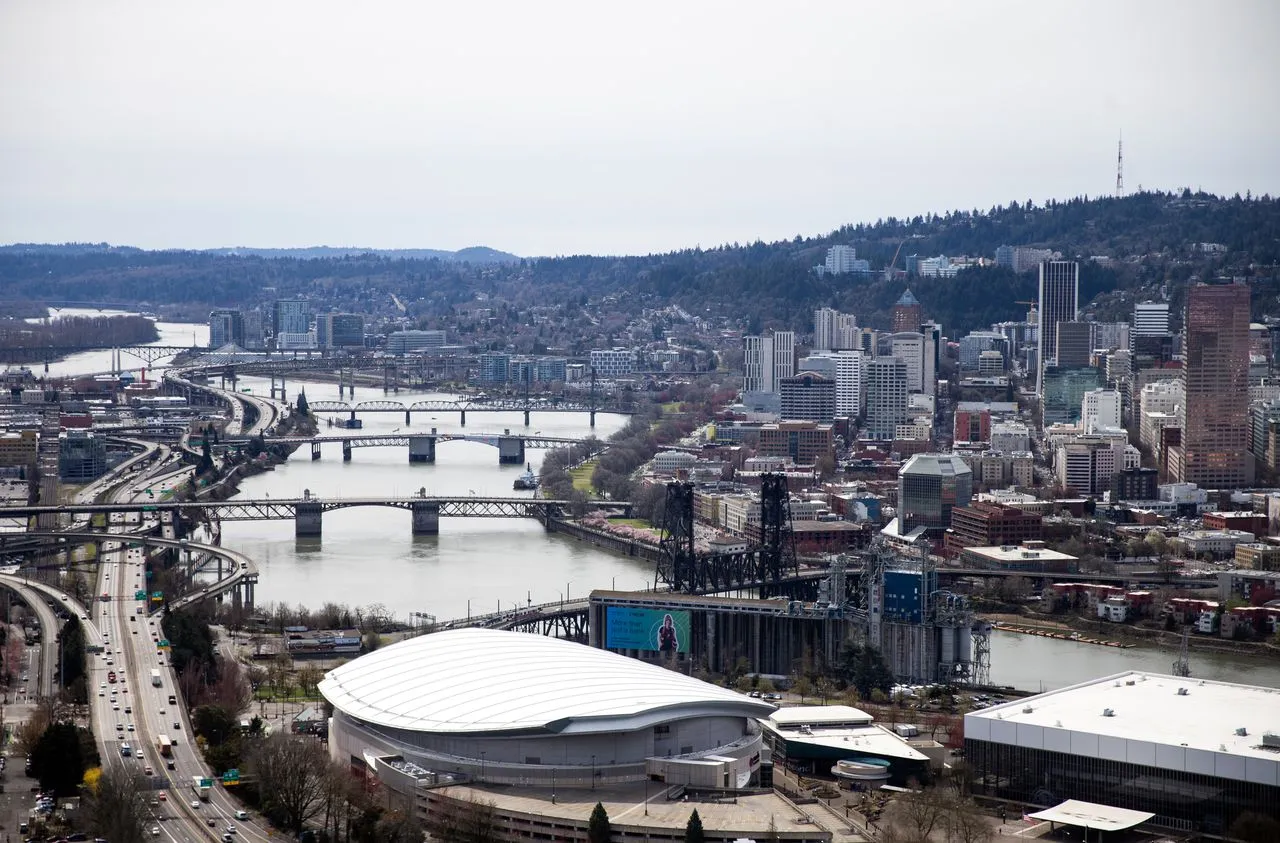Maybe this means we might start to see a bigger drop in the cost of buying a home.
I doubt it. There is still high demand. Once prices increase in other places, it’ll reaume here. It became incredibly expensive to live here and it won’t decrease any time soon.
deleted by creator
Given that the state population has steadily grown for over a century, I have a feeling that a slowdown will we welcomed.
Maybe a slowdown would be ok. But a decreasing population is alarming. We like to fund our infrastructure by taking on debt. This Is a good idea if that infrastructure grows the economy, making it easier to pay down the loans. But this is a bad idea if the economy shrinks.
Even if we pay for our infrastructure upfront with taxes (which I think we should), It’s bad to have a declining population, since it’s hard for the people to maintain the infrastructure built for a higher population.
You can find an extreme example of the risks of declining population in Gary Indiana.
okay but humanity in general needs to build things that don’t have to grow forever in order to work. That just leads to resource destruction and eventual collapse anyways.
Population can’t grow forever, plan accordingly
I guess the argument for the current system is that poverty is bad, and growth is nessesary to alleviate poverty (under a capitalist system).
In the next thousand years, humanity needs to drop growth based capitalism if we don’t want the oceans to boil. But for the short term, it would be nice to improve people’s quality of life as fast as possible. And I think growth based capitalism, with a heavy dose of government intervention, is the way to do that.
I think due to the exponential quality of our growth, you have more like 100 years tops, not 1000
I did some math. I’m assuming that humanity figures out how to get energy from something like fusion reactions, or else we will run out of energy from the sun before the population gets that high.
Currently, humans are using 1.8e13 watts of energy, and this is growing at 2% a year [1]. Therefore power use by humans over time can be represented by the function 1.8e13*g^t where t is time in seconds, and g is exp(ln(1.02)/31558149).
This means energy used is just the integral of this function from 0 to x: a*g^t-a where a = 18e13/ln(g) ≈ 2.9e22 joules.
The earth has 1.4*10^21 kg of water [2] at 15°C [3]. It takes 4184 joules of energy to heat a kg of water 1°C [4]. So we need 5.0e26 J of energy to bring the oceans to boiling point. This will happen in 1.55e10 seconds or 497 years.
To boil a kg of water, you need 2.25e6 Joules of energy [5]. So you need an additional 3.2e27 Joules to boil the ocean; 3.7e27 Joules total. We will get there in 1.87e10 seconds or 549 years.
I neglected the heat that can be absorbed by non water components of the earth surface. But Im guessing thats probably negligible since the earth surface is mostly water, rock is a bad conductor of heat so not that much rock mass matters, and the specific heat of water is greater than that of rock. I also neglected the energy necessary to melt the remaining ice on earth. That might add a few years to the estimate.
I guess there may be some bad effects of heating the earth less than the amount necessary to boil the oceans, but you would have to ask a sociologist about that.
edit: Most importantly, I neglected the fact that hotter objects radiate more heat. This will certainly slow the heating of the earth. It would be very difficult to add this to the model since you have to add in the greenhouse effect, which will get more severe as the oceans release CO2 and H2O, so not quite as much heat will be radiated out as you would expect from a black body.
I’ll accept 549 years as a decent ballpark of how long it’d take us to literally boil the oceans at our current rate.
Although ‘boil the oceans’ is, for me, more of a way to refer to the collapse point of the current society model. I don’t think humans would survive long enough at temperatures required to boil the oceans.
They’ve forecasted all this, global population is expected to peak around 2085 and then shrink slightly and flatten around 2100 at like 11B. Idk google it it’s qll super well documented stuff.
Autocorrect did em dirty in their caption for the “Mode Center”
As an Oregon resident, fine by me.






